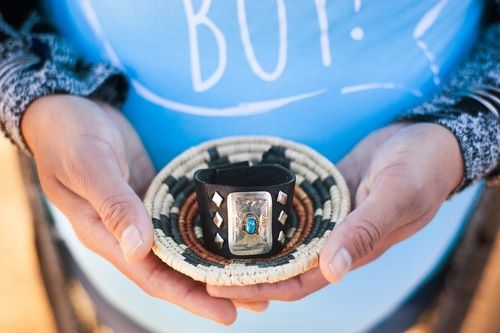 Weddings are a universal celebration of love and union, but the ways in which they are celebrated vary widely across different cultures. Indigenous cultures, with their rich histories and deep-rooted traditions, offer unique and meaningful wedding rituals that reflect their values, beliefs, and community ties. This blog explores some fascinating wedding traditions from various Indigenous cultures around the world.
Weddings are a universal celebration of love and union, but the ways in which they are celebrated vary widely across different cultures. Indigenous cultures, with their rich histories and deep-rooted traditions, offer unique and meaningful wedding rituals that reflect their values, beliefs, and community ties. This blog explores some fascinating wedding traditions from various Indigenous cultures around the world.
Native American Wedding Traditions
Native American tribes each have their own distinct wedding customs, often involving intricate ceremonies that emphasize the connection to nature, spirituality, and community.
The Navajo Wedding
In the Navajo tradition, weddings are deeply spiritual and connected to the earth. A traditional Navajo wedding is held inside a Hogan, a sacred structure. The couple sits on a woven Navajo blanket and exchanges vows, often including prayers and blessings from a medicine man. Cornmeal, a symbol of prosperity and fertility, is sprinkled around the couple. The ceremony concludes with the couple sharing cornmeal mush, symbolizing their new life together.
The Hopi Wedding
Hopi wedding ceremonies include the making of Piki bread by the bride. This paper-thin bread is a symbolic demonstration of her ability to provide for her family. The ceremony also involves the exchange of turquoise jewelry, which holds significant spiritual value in Hopi culture. The couple then plants a corn seed together, symbolizing the growth of their new life.
African Indigenous Wedding Traditions
Africa is home to a myriad of Indigenous cultures, each with unique wedding practices that often incorporate elaborate rituals, vibrant attire, and community involvement.
The Maasai Wedding
In Maasai culture, weddings are elaborate affairs that can last several days. The bride is adorned in elaborate beadwork, and her head is shaved to signify a new beginning. The ceremony includes a blessing from the elders and a traditional dance where the bride’s family showcases their joy and pride. One significant ritual is the "jumping dance," performed by the groom and other warriors to demonstrate their strength and attract blessings.
The Zulu Wedding
Zulu weddings are vibrant and festive, involving traditional attire, music, and dance. The bride wears a traditional beaded dress and is presented to the groom’s family. The ceremony includes the "lobola" or bride price, where the groom’s family offers cattle or other gifts to the bride’s family. This practice strengthens ties between the families. The wedding feast is a significant part of the celebration, featuring traditional Zulu cuisine and communal dancing.
Indigenous Australian Wedding Traditions
Indigenous Australian cultures have diverse and rich wedding traditions that are deeply connected to their ancestral lands and spiritual beliefs.
The Traditional Smoking Ceremony
A smoking ceremony is a traditional ritual used by many Indigenous Australian groups to cleanse and protect the couple. Leaves from native plants are burned, and the smoke is wafted over the couple to ward off evil spirits and bring good luck. The ceremony also involves storytelling, where elders share ancestral stories and wisdom with the newlyweds.
The Exchange of Gifts
In some Indigenous Australian cultures, the exchange of gifts between families is a crucial part of the wedding ceremony. These gifts often include traditional tools, weapons, or artworks that symbolize the merging of the two families and their continued cooperation and support.
Wedding traditions in Indigenous cultures are deeply rooted in their respective histories, spiritual beliefs, and communal values. These traditions offer a rich tapestry of rituals that honor the union of two individuals while emphasizing the importance of community, nature, and ancestry. Each tradition provides a unique perspective on love, commitment, and the beginning of a shared journey. By exploring these diverse customs, we gain a deeper appreciation for the rich cultural heritage that continues to inspire and shape the way we celebrate love and marriage around the world.
Add Your Comment